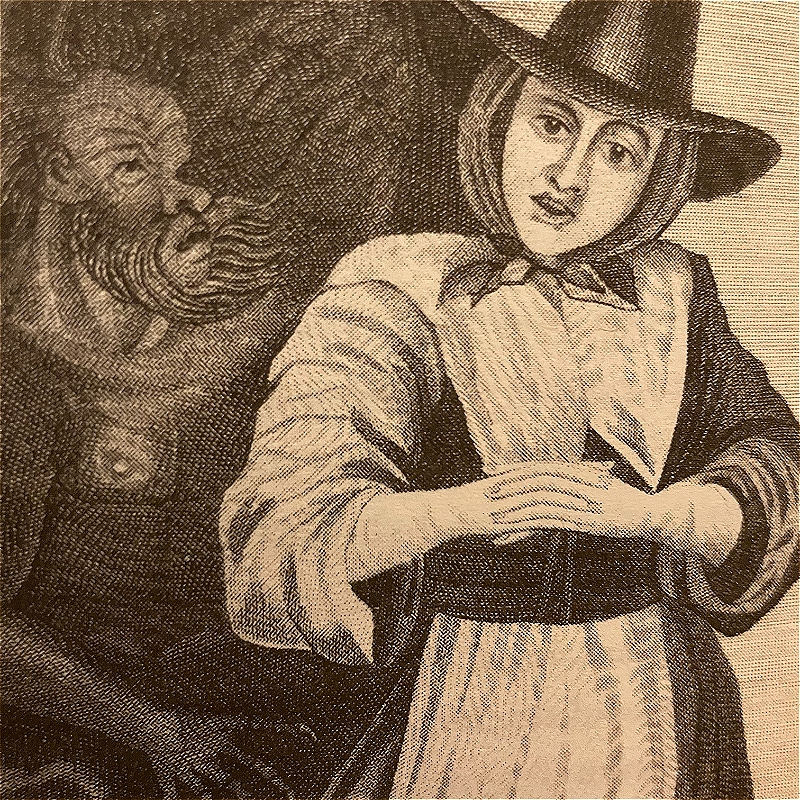‘The Devil in the Women’ – The feminine in local history, literature, and folklore.
Sidney Walter Centre

In medieval times, both the feminine and the masculine were represented in religion and in folk culture. The brutality of Henry VIII’s ‘reformation,’ sought to remove the feminine, often in ways both violent and destructive. This talk will consider the feminine influence on local society and culture, from St. Lewina in Anglo-Saxon times, to the centuries following the reformation, and the struggle to reintroduce the feminine influence into community life. At it's most extreme, this struggle was intensified by the witch-hysteria of the seventeenth century; a century that also saw the persecution of Quakers in Sussex, including many women. In the nineteenth century, important female personalities, (today they would probably be called ‘influencers’), made their mark locally and nationally, including the novelist Mary Shelley, the folklorist Charlotte Latham, the folk-song collector Lucy Broadwood, and Margaret Fairless-Barber, the author of the extraordinary mystical and religious book, ‘The Roadmender.’ The talk will conclude with the story of Vera Pragnell and her ‘back-to-the-land’ community at Washington, (the Sussex one!).
All
90 mins
paid
This is testing
Sidney Walter Centre
